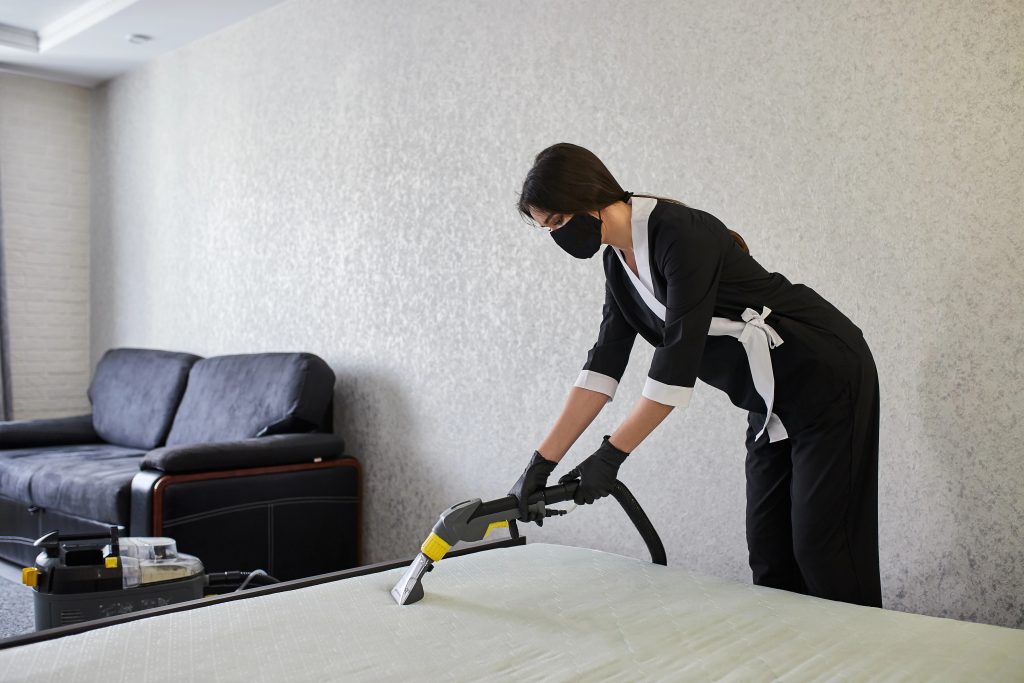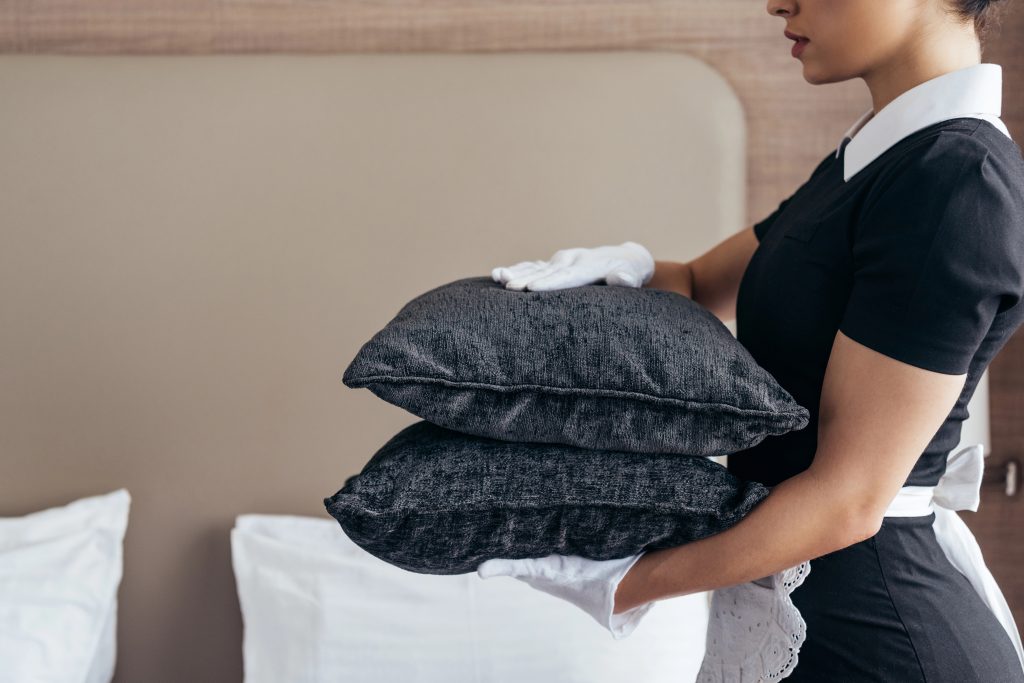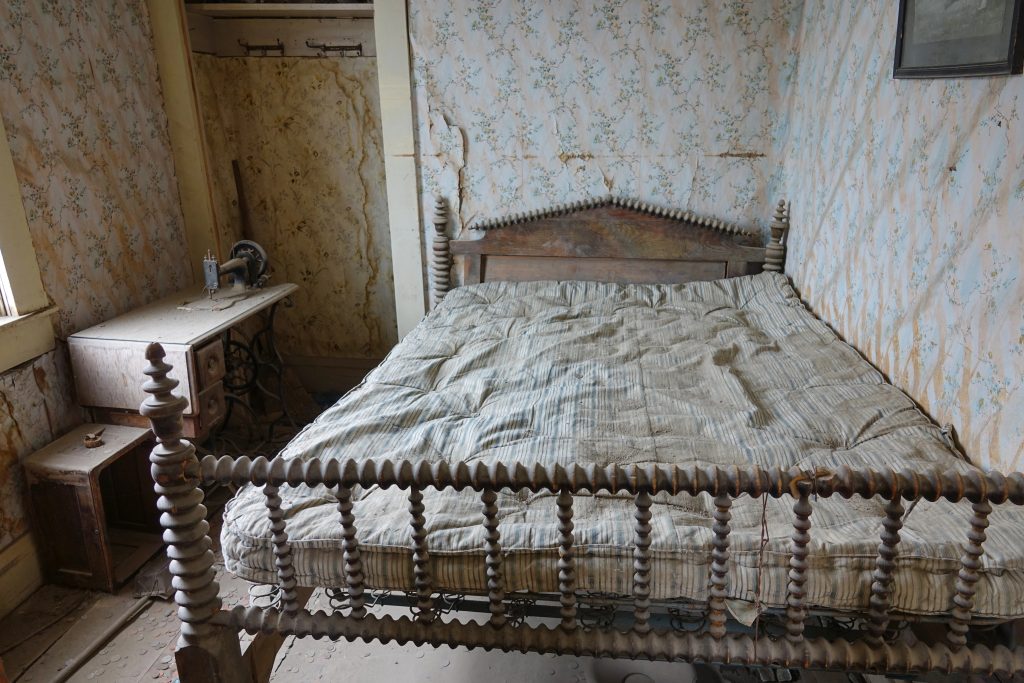
Ever wonder if your sheets are quietly sabotaging your sleep? For healthy sleepers and allergy victims, the solution may be hiding in plain sight your bed. As wonderful as a crisp, clean bed sounds, the actual advantages of good bedding hygiene extend far beyond feeling good. Science proves that how you maintain your sheets, pillows, and mattress makes or breaks the quality of your sleep, the health of your skin, and even your allergies.
With all that advice floating around, it’s simple to get caught up in the wash cycle. But don’t worry: microbiologists, dermatologists, and sleep specialists have all chimed in with the most current, most useful advice. From how often to wash each layer to the most suitable materials for sensitive skin, here’s what you need to know to make your bed a real wellness haven.

1. Why Weekly Sheet Washing Is a Game-Changer
Let’s face it: people don’t wash their sheets as much as they ought to. Just 28% of Brits achieve the gold standard of weekly washes, a 2022 YouGov survey found. But experts such as Dr. Alok Vij, MD, emphasize that weekly washing is needed to purge sweat, oils, dead skin, and a procession of microbes. The average individual loses half a teaspoon of dead skin daily, which is a dust mite feast and bacterial snack. Waiting for sheets to appear or smell dirty? No way, because allergens and bacteria accumulate long before they are visible or have an odor.

2. The Hidden World of Dust Mites and Allergens
Your bed is essentially a five-star resort for dust mites. These tiny critters adore warm, moist bedding and feast on your nightly skin cell smorgasbord. Their waste is a powerful allergen that causes eczema, asthma, and sneezing sprees. The American Academy of Allergy, Asthma & Immunology suggests washing bedding once a week in hot water (at least 130°F) and placing allergen-proof covers on the bedding to keep these critters away. Even the cleanest homes have allergens lurking, so a regular cleaning routine is non-negotiable for anyone with sensitivities.

3. Pets, Sweat, and Other Bedtime Surprises
Sharing your bed with a furry friend? You’re not alone but your sheets are far from it. Pets bring extra hair, dander, and even traces of dirt or feces into your bed, ramping up the need for frequent washes. If you tend to sweat heavily at night, reside in a warm climate, or use high-end skincare products, you’ll need to wash your sheets every 3-4 days, not weekly. According to dermatologist Erum N. Ilyas, MD, skin-care products and perspiration can create a petri dish for bacteria growth, which translates to trouble for your skin and sleep.

4. Don’t Forget Your Pillows, Blankets, and Mattress
Sheets are not the only bedding that must be loved. Pillowcases can be washed weekly (or even 2-3 times a week for acne skin), as they trap oils, sweat, and gunk from the environment. Amerisleep’s experts state that pillowcases accumulate bacteria and dead skin quickly, which is a breeding ground for breakouts. Duvet covers and blankets? Every 2-4 weeks, or more so if your pets sleep next to you. In terms of pillows and mattress protectors, a deep clean every 3-4 months suffices to keep odors and allergens under control. Don’t forget to vacuum your mattress and flip it over every few months for even wear and improved sleep.

5. The Laundry Masterpiece for Ultimate Hygiene
Not all washing is equal. To ward off germs and mites as effectively as possible, use the warmest water your bedding can tolerate preferably 60°C (140°F) or more. When one’s been ill, or if you desire more germ-killing ability, use a sanitize cycle or include a laundry sanitizer or bleach (whites only). According to Laura J. Goodman, M.S., the sanitize cycle kills 99.99% of bacteria that are commonly found. For delicate clothes, read labels and use mild, fragrance-free detergents if you have sensitive skin. And here’s a cool secret: don’t hurry to pull your bed together every morning having sheets air out will decrease dampness and deter dust mites.

6. How the Material of Your Bedding Affects Your Sleep and Skin
What you sleep on is as important as how frequently you wash it. Natural, moisture-wicking fabrics such as cotton, bamboo, and linen moderate temperature and prevent bacteria. As per recent studies, good sheets can enhance comfort and sleep hygiene, while bad ones will trap heat and allergens. Hypoallergenic materials are essential for sensitive skin or allergy patients. And though high thread counts may seem sophisticated, anything from 200-600 is perfect anything more will compromise on breathability and comfort.

7. Common Bedding Hygiene Mistakes to Avoid
One of the largest mistakes? Waiting until you can see stains or odor before washing. As the Amerisleep survey shows, almost a quarter of individuals confess to this, but allergens and bacteria build up well before you notice them. Forgetting to use mattress and pillow protectors is another frequent mistake they’re your defense against sweat, spills, and dust mites. And rotate your mattress every 3-6 months to avoid uneven wear and promote better sleep.

8. How Clean Bedding Improves Sleep Quality and Well-being
The dividend of all this work? Improved sleep, clearer skin, and fewer allergy attacks. Research indicates that individuals who launder their sheets less often than once monthly are more likely to be tired, sluggish, and have irritated eyes in comparison with those who launder weekly. Clean bedding also assists in regulating body heat and makes for a soothing, welcoming environment chief ingredients for peaceful nights and revitalized mornings.

9. Five Fast Tips for a Healthier Sleep Haven
Ready to upgrade your bedding cleanliness? Here’s a cheat sheet: wash pillowcases and sheets every week (or twice a week if you have allergies, pets, or tend to sweat a lot), use hot water and mild dyes, rotate and shield your mattress, and select breathable, hypoallergenic materials. As a bonus, have a spare set of sheets on hand for quick changes, and allow your bed to air out before making the bed in the morning. Tiny tweaks, huge payoffs your skin, sinuses, and sleep will appreciate it.
Bedding hygiene isn’t a chore, though it’s an easy, science-driven means of improving your sleep, skin, and overall health. With a few adjustments to your routine, you can make your bed a health-supporting haven that works from the inside out. Sweet dreams begin with fresh sheets and now you know just how to keep them fresh.


